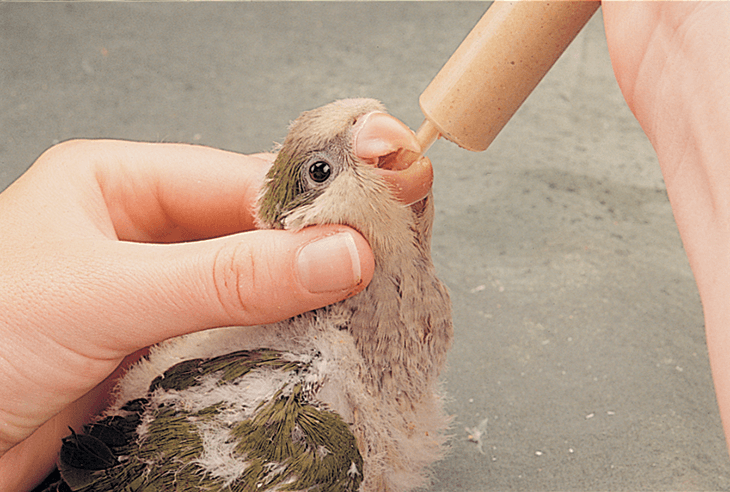
Nursing Baby Birds to Health: A Comprehensive Guide for Caregivers
Introduction
Caring for baby birds is a rewarding but challenging task. These delicate creatures require specialized care to thrive. Nursing baby birds back to health involves providing proper nutrition, maintaining a clean environment, and addressing their specific needs. This comprehensive guide will provide you with the essential knowledge and techniques to ensure the well-being of your feathered charges.
Nutritional Requirements
The nutritional needs of baby birds vary depending on their species. It is crucial to research the specific dietary requirements of the bird you are caring for. Generally, baby birds require a high-protein diet consisting of:
- Insect-based formula: Commercially available insect-based formulas provide a balanced diet for most baby birds.
- Live insects: Live insects, such as mealworms, crickets, and waxworms, are a natural source of protein and essential nutrients.
- Soft fruits and vegetables: Mashed fruits and vegetables, such as bananas, apples, and carrots, can supplement the diet and provide vitamins and minerals.
Feeding Techniques
- Hand-feeding: Using a syringe or dropper, gently insert the formula into the baby bird’s beak. Avoid overfeeding and ensure the bird swallows before administering more.
- Crop-feeding: For birds with a crop (a pouch in the esophagus), you can gently massage the crop to encourage the food to move down.
- Self-feeding: As the bird matures, gradually transition it to self-feeding by placing food in a shallow dish.
Environmental Care
- Temperature: Baby birds require a warm environment, around 85-95°F (29-35°C). Use a heating pad or incubator to maintain the appropriate temperature.
- Humidity: High humidity is essential for baby birds’ respiratory health. Place a humidifier or wet towel in the enclosure to increase humidity levels.
- Cleanliness: Keep the enclosure and all equipment clean to prevent infections. Disinfect surfaces regularly and change bedding frequently.
Health Monitoring
- Weight: Regularly weigh the baby bird to monitor its growth and hydration.
- Behavior: Observe the bird’s behavior for signs of illness, such as lethargy, decreased appetite, or respiratory distress.
- Droppings: Examine the bird’s droppings for any abnormalities, such as diarrhea or blood.
Special Considerations
- Orphaned birds: If you find an orphaned baby bird, contact a wildlife rehabilitator or veterinarian immediately.
- Injured birds: Handle injured birds with care and seek professional veterinary assistance.
- Species-specific care: Different bird species have unique care requirements. Research the specific needs of the bird you are caring for.
Conclusion
Nursing baby birds to health requires patience, dedication, and specialized knowledge. By providing proper nutrition, maintaining a clean environment, and monitoring their health, you can help these vulnerable creatures thrive. Remember, the well-being of baby birds depends on your care and attention.
Additional Information
| Resource | Description | Link |
|---|---|---|
| International Bird Rescue | Provides resources and support for bird care | https://www.bird-rescue.org |
| The Wildlife Center | Offers rehabilitation services and educational programs for injured birds | https://www.wildlifecenter.org |
| Avian and Exotic Animal Hospital | Specializes in the care and treatment of exotic animals, including birds | https://www.avianandexotic.com |
Post a Comment for "Pet Care: Nursing Baby Birds To Health"